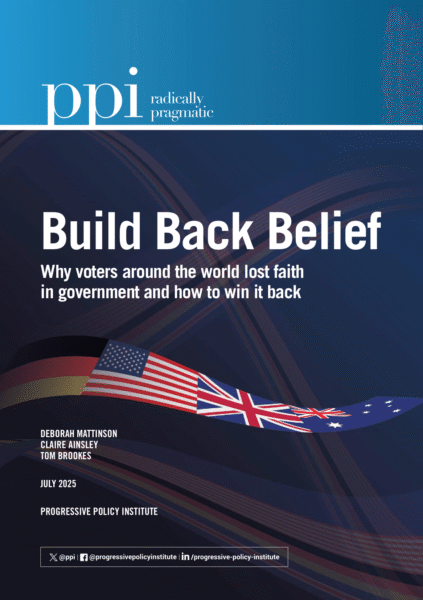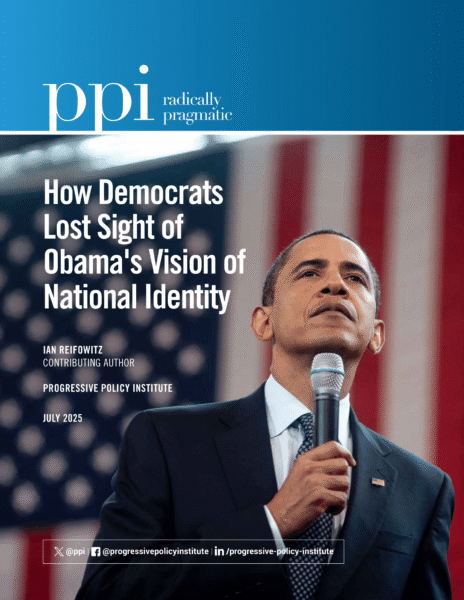President Trump’s political rise has been a stress test of American democracy — maybe the most serious we’ve faced since the Civil War. To prevent irreparable damage to our economy, our social cohesion, and the rule of law, our country needs a bigger, stronger Democratic Party.
Yet U.S. voters see the opposition party as weak and rudderless. Whether measured in terms of electoral competitiveness, public approval ratings or party registration, Democrats have hit a political nadir.
You don’t have to be a partisan Democrat to think that’s bad for the country — not just for the world’s oldest political party. Robust electoral competition is our best defense against populist demagogues who seek to monopolize political power.
But the party coalition has shrunk over the last decade as Democrats traded breadth of public support for youthful intensity and ideological zeal. By tailoring their governing agenda mainly to the specifications of liberal-left college grads, they have alienated voters without degrees and made themselves uncompetitive in a growing number of states.
How does a failing party turn itself around? By owning its mistakes and dramatically changing course.




